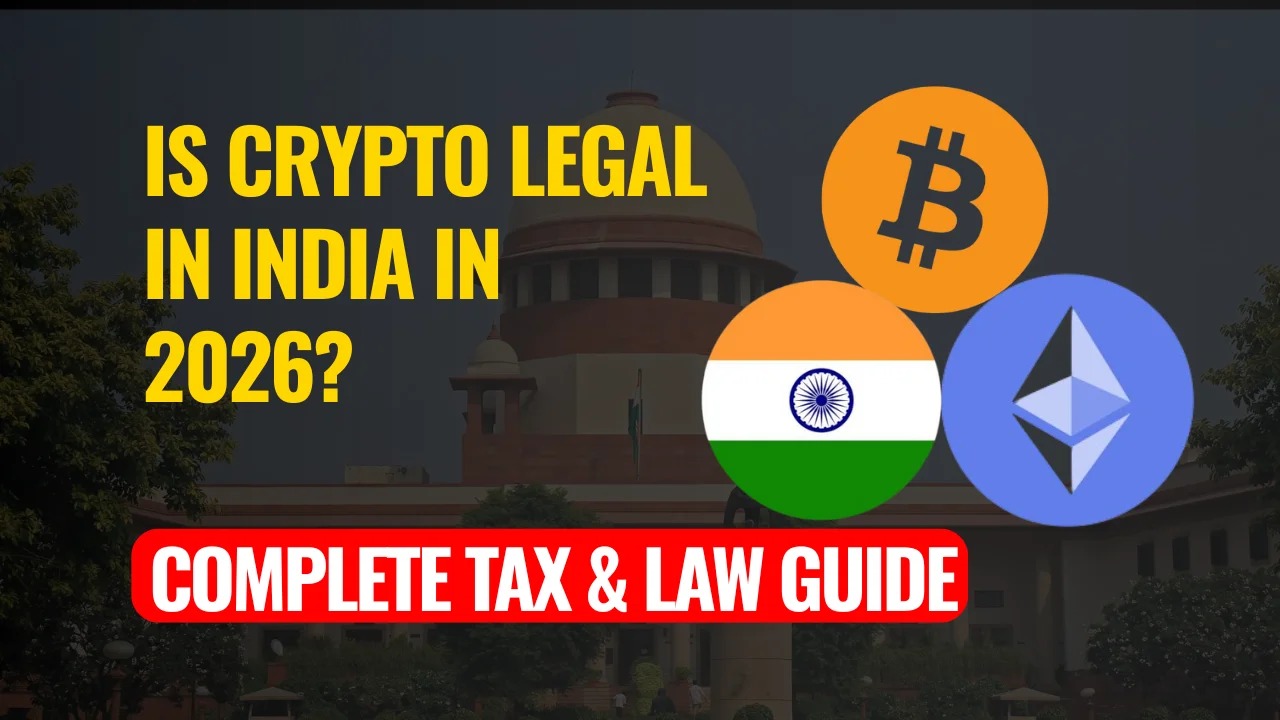D.G. Raghavendra, CTM,-The Appeal is directed against the order passed by the learned Joint Commissioner of Commercial Taxes (Appeals), Bangalore City Division-II, Bangalore (hereinafter referred to as ''the First Appellate Authority'') dated 21-5-1996 in ''No. KTEG:AP: No. 2 of 1996-97 wherein he dismissed the appellant''s appeal against the assessment order of the learned Assistant Commissioner of Commercial Taxes, XIII Circle, Bangalore (hereinafter referred to as the Assessing Authority'') passed under KTEG Act, 1979 on 29-4-1995 for the assessment year 1993-94.
2. The appellant has contested the levy of tax on entry of goods under Entry Tax Act for the assessment period 1993-94.
3. The appellant produces electric goods under the name and style of Eagle Products, Bangalore. During the year under review, the appellant had filed monthly statements admitting the tax liability under Entry Tax Act. The Assessing Authority, upon verification of the accounts, found that the appellant had effected total purchases of electronic goods at Rs. 7,55,332-00. Out of these purchases, the appellant had effected purchases of Rs. 33,858-00 from dealers which are stated to have been located in the Bangalore City Corporation. As also the remaining purchase of Rs. 7,21,474-00 was held to be liable to entry tax amounting to Rs. 14,430-00. It is the case of the appellant before the First Appellate Authority to the effect that he being only a trader dealing in integrated circuits, resistors, capacitors and connectors, which constitute component for electronic goods like computers and televisions. It was also the case of the dealer that he is only a trader in such goods and therefore he would not be held to be producer of goods or dealer causing entry into local area. On both counts it is contended that he would not be exigible to entry tax. The First Appellate Authority records his finding as under:
"On perusal of the assessment records it is revealed that the appellant has caused entry of electronic goods into the local area and sold the same. While causing entry of electronic goods, the appellant was not aware that it will be sold as raw materials. Entry tax is applicable on the entry of goods into the local area and the goods caused entry by the appellant into the local area are ''electronic goods''. The subsequent act of the appellant in selling the same as raw materials is immaterial while levying entry tax. Electronic goods are liable for entry tax under Entry 21 of the table annexed to the Government Notification No. FD 69 CET 92(1), dated 30-4-1992, at the rate of 2% and the Assessing Authority has rightly taxed at 2%. Therefore, I do not find any valid reason which warrants my intervention".
4. Ostensibly, the First Appellate Authority did not seem to examine the issues raised by the appellant. As per the invoices, sale bills filed before us, it is apparent that appellant is a trader dealing in electronic goods purchased from local registered dealers. It is also on record that the goods so purchased from local area, he had supplied to various manufacturers of finished products. The appellant has purchased his requirements of component from local and inter-state sources. These components are sold to manufacturers of finished products to be used as component parts. Further Item No. 81 of Government Notification No. FD 69 CET 92(III), dated 30-7-1992 is as under:
"NOTIFICATION
No. FD 69 CET 92(III), Bangalore, dated 30th July, 1992 SO 2282, Karnataka Gazette, dated 31st July, 1992
In exercise of the powers conferred by sub-section (1) of Section 3 of the Karnataka Tax on Entry of Goods Act, 1979 (Karnataka Act 27 of 1979) read with Section 21 of the Karnataka General Clauses Act, 1899 (Karnataka Act III of 1899), the Government of Karnataka hereby amends with effect from 1st August, 1992, Notification No. FD 69 CET 92(1), dated 30th April, 1992, as follows.-
In the said notification.- (i) after the entries relating to Sl. No. 80 of the table to the said notification, the following shall be inserted, namely.-
"81. Raw materials, component parts and inputs (other than those specified in the Second Schedule) which are used in the manufacture of an intermediate or finished product-1%".
(ii) the following explanations shall be inserted at the end, namely.-
"Explanation I.-(i) Tax under Sl. No. 81 shall not be payable by.- (a) Handicrafts manufacturing units; and (b) Handlooms weaving units.
(ii) Tax payable on goods falling under any of the Sl. Nos. 1 to 80 when used or sold as raw materials, component parts or inputs by or to the manufacturing units shall be at the rate applicable to Sl. No. 81.
Explanation II.-The words ''Raw materials, component parts and inputs'' mentioned in Sl. No. 81 shall not include Horticultural Produce, Cereals, Pulses, Oilseeds, including Copra and Cotton seeds, Timber or Wood of any species, Silk Cocoons, raw, thrown or twisted silk, tobacco (whether raw or cured) Cotton yarn and blended yarn, man-made filament yarn, man-made fibre, woollen yarn and woollen blended yarn, washed cotton seed oil, non-refined, edible oil, rice bran and oil cake. Notes.-1. See earlier Notification Sl. No. 34.
2. Notification cancelled by Notification No. FD 112 CET 93(1), dated 30th March, 1994 (see Notification Sl. No. 59(6)".
5. By the above notification, the appellant would not be held liable to tax as even trader in components. Though the notification stated to have been cancelled w.e.f. 30-3-1994, the period of exemption covers from 1-4-1993 to 31-3-1994. Therefore entry tax would not be liable to paid in the appellant''s case. The First Appellate Authority did not seem to look into these matters which is miscarriage of justice.
6. In the circumstances, the appeal is allowed. The impugned order is set aside.

